Module 2 Assessment: Moodle Discussion Forum
Completion requirements
View
Make forum posts: 1
Assessment Option 1
Reflect on your current Moodle course organization. Choose at least one area (home page, course menu, course content, assessments) that could be adjusted to enhance student navigation. In your reflection, please:
- Describe your current organization strategy
- Describe the revisions you would make to enhance navigation and learner-centeredness (drawing from the module content)
- Explain why those revisions would be made. How does it impact students?
Assessment Option 2
- Describe how at least one area of your Moodle course (home page, course menu, course content, assessments) already implements organizational practices shared in this module
- Identify additional organizational strategies you would integrate into your course, moving forward.
- Describe how the current organizational strategies benefit students and why you would make additional changes.
Assessment Option 3
- How do you or might you use Moodle in your context?
- In general, how do the organizational practices shared in this module apply to your context?
- To enhance navigation and learner-centeredness in your setting, what organizational practices do you currently integrate? What additional organizational practices (learned about in this module) would you consider implementing?
